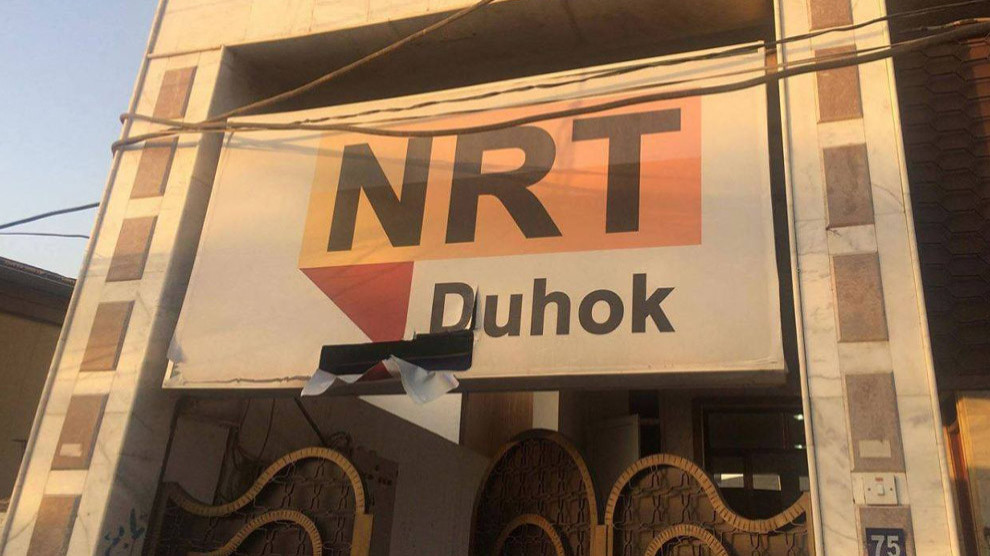The subject of sexual violence perpetrated by the state is a taboo which cannot be spoken about within the Kurdish issue. Particularly in the years between 1997 and 2000, for women living in Kurdish areas and women who were detained for political reasons, sexual violence was real.
However, there has not been much documentation about it.
B.G., 33, who lives with her husband, was subject to sexual assaults in 1997 that make us reconsider our understanding of reality and justice, and particularly “the laws of war.”
After years of not speaking of what happened to her, she courageously spoke to DIHA News agency of her experience.
B.G. first became involved in the Kurdish struggle when she was 15 years old when she joined the ranks of the PKK. She had to return to her family in Mersin because of an asthma condition. In order to both protect her from police and to prevent her from joining the PKK again, her family kept B.G. locked in a room for three years.
After that, as she was leaving the country, she was arrested.
B.G. was brought to the gendarmerie station where she said she was raped for days. After a week of being blindfolded, the gendarmerie officers took of her blindfold and said “we’ll kill her anyway.”
B.G. said that, though the rapists changed, the rape did not stop, and soldiers tried to make her kill herself. This inhumane treatment lasted for 66 days, according to her, or 57 days, according to official records.
While B.G.’s family was trying to find her, the soldiers said that they would release her without any legal process. B.G. refused this offer and insisted on seeing the prosecutor to explain her situation. The legal process required her to undergo a medical examination, and the doctor’s report indicated that she only suffered beatings and violence. Then the judge was not interested in her allegations of rape.
B.G. applied to the Community Legal Research Foundation (TOHAV) in order to receive psychological support after a two-month stay in the Diyarbakir Prison. However, there was no expert available to help her at that time.
With her husband’s support, B.G. was able to speak. She said, “I openly talked with my husband about this, which was very difficult. Even though I did get support from my family and those around me, I couldn’t get over it. I don’t want any other women to experience anything like this in their lives. I thought about suicide often. I want those who did this to me to be punished. I am not alone, there are thousands of woman living with this trauma. Kurdish women are not on the agenda like Bosnians or others. They have never been. The idea that I was one day going to talk to someone about my experiences gave me support.”

